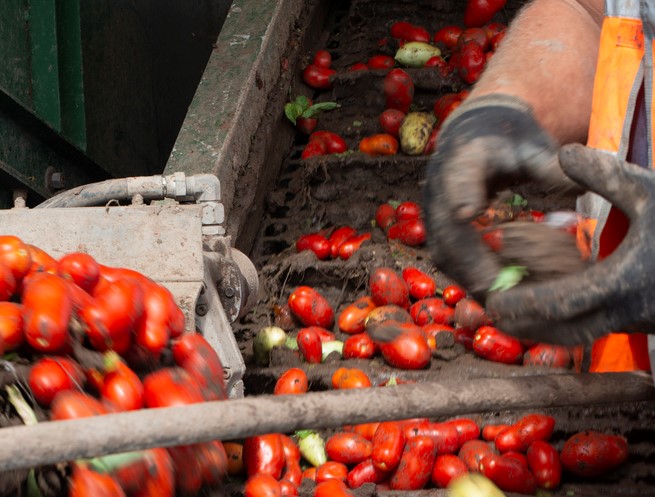Over 100 coffee-growing families across seven municipalities will benefit from this joint European Union-IICA program. The municipalities are Matagalpa, Rancho Grande, El Tuma-La Dalia, San Sebastián de Yalí, Dipilto, El Jícaro and Jalapa.

Managua, 22 March 2021 (IICA)– Limited access to water resources, long roads in poor condition and obsolete machinery are just some of the problems the Central American Program for Integrated Coffee Rust Management (PROCAGICA) hopes to solve through an initiative to provide cooperatives in northern Nicaragua with machinery for wet coffee pulping.
Each cooperative will centralize the process to maintain the quality of coffee harvested by coffee-growing families. The initiative affords access to equipment for efficient removal of pulp from the bean while ensuring less water is used, since the process does not require liquid.
Modifying the process this way means 30% to 40% less water is needed. It also helps to reduce contamination from coffee by-products since the honey water and pulp are handled in a single place.
Matagalpa grower Dominga Cano, a member of the Victorious Women’s Cooperative (COMUVIC), said it was difficult to get water for wet coffee pulping – the main source of income for many small farmers.
“It has been a long, hard process, that is why we are working to restore the water source, not only for me, but for people in the community,” she noted.
The centralized pulping units were outfitted with an engine, a pulping machine, a sorter for grading the beans, and coffee and pulp conveyors. Altogether, 109 coffee-growing families, all members of nine cooperatives across several municipalities—Matagalpa, Rancho Grande, El Tuma-La Dalia, San Sebastián de Yalí, Dipilto, El Jícaro and Jalapa—will benefit under the program.
These units will help maintain quality for approximately 12,550 quintals of parchment coffee.
The Central American Program for Integrated Coffee Rust Management is a joint international initiative between the European Union and the Inter-American Institute for Cooperation on Agriculture (IICA), geared toward improving production conditions and the lives of small coffee-growers in the region.
The program also seeks to address climate change and environment issues and promotes the adoption of measures that will help in the adaptation, mitigation and reduction of climate risks.
For more information:
Institutional Communication Division
comunicacion.institucional@iica.int











